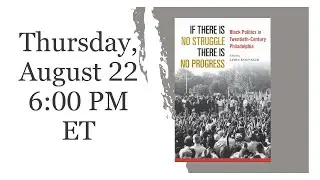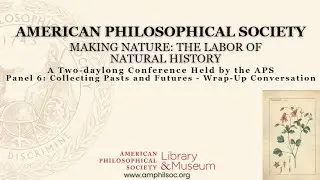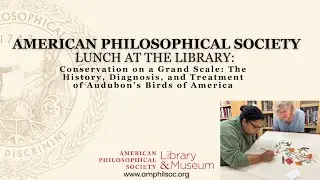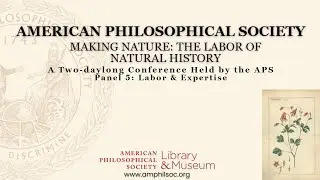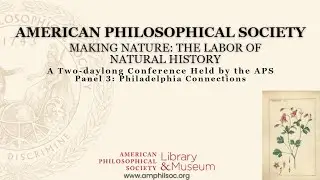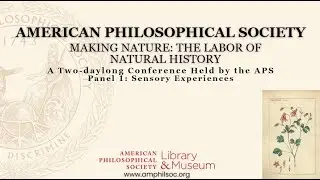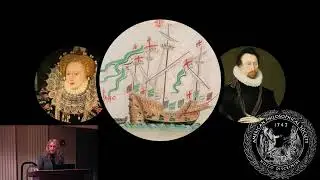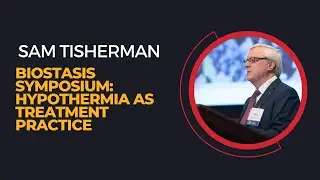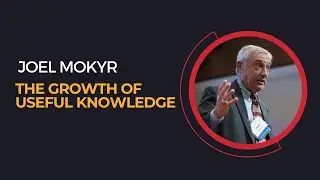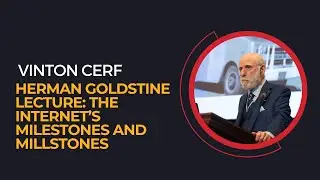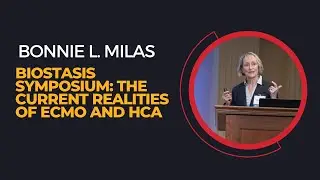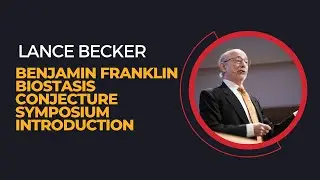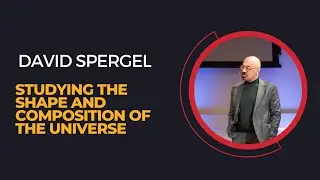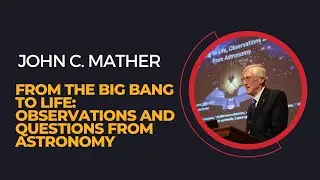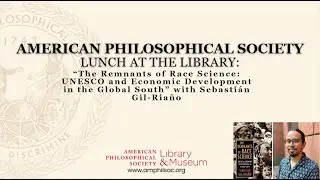The Growth of Useful Knowledge - Joel Mokyr
At the April 2024 Meeting of the American Philosophical Society, Joel Mokyr, Professor of Arts and Sciences and Professor of Economics and History, Northwestern University, gave the talk "The Growth of Useful Knowledge."
About the speaker:
Joel Mokyr conducts research on the economic history of Europe, and specializes in the period 1750-1914. His current research is concerned with the understanding of the economic and intellectual roots of technological progress and the growth of useful knowledge in European societies, as well as the impact that industrialization and economic progress have had on economic welfare. He is a Fellow of the American Academy of Arts and Sciences, the Econometric Society, and the Cliometric Society as well as the British Academy, the Italian Accademia dei Lincei and the Dutch Royal Academy. He has been the President of the Economic History Association, editor in chief of the Oxford Encyclopedia of Economic History, and a co-editor of the Journal of Economic History. He is currently co-editor of a book series, the Princeton University Press Economic History of the World. He was the 2006 winner of the biennial Heineken Award for History offered by the Royal Dutch Academy of Sciences and the winner of the 2015 Balzan International Prize for economic history. His most recent book is A Culture of Growth: Origins of the Modern Economy, published by Princeton University Press in 2016. He has supervised over forty doctoral dissertations in the departments of Economics and History.
Chapters:
00:00 - Introduction: Defining Useful Knowledge
01:21 - The Role of Useful Knowledge in Economic Growth
02:17 - Propositional vs. Prescriptive Knowledge
03:16 - The Divergence Between the West and the Rest
04:13 - The Industrial Revolution and the Enlightenment
05:07 - The Industrial Enlightenment: Progress Through Knowledge
07:07 - The Impact of Knowledge on Economic Growth
09:09 - The British Enlightenment and Pragmatic Problem-Solving
11:25 - Incentivizing New Knowledge Creation
13:15 - Access to Knowledge and the Role of Codification
15:09 - The Codification of Knowledge: Key Historical Examples
17:22 - The Role of Collaboration Between Scientists and Manufacturers
19:12 - The Relationship Between Knowledge and Technological Progress
21:40 - Key Historical Figures Bridging Science and Industry
23:13 - The Legacy of the Industrial Enlightenment
About the American Philosophical Society:
The American Philosophical Society, the oldest learned society in the United States, was founded in 1743 by Benjamin Franklin for the purpose of “promoting useful knowledge.” In the 21st century we sustain this mission in three principal ways. We honor and engage leading scholars, scientists, and professionals through elected membership and opportunities for interdisciplinary, intellectual fellowship, particularly in our semi-annual Meetings. We support research and discovery through grants and fellowships, lectures, publications, prizes, exhibitions, and public education. We serve scholars through a research library of manuscripts and other collections internationally recognized for their enduring historic value. The American Philosophical Society’s current activities reflect the founder’s spirit of inquiry, provide a forum for the free exchange of ideas, and convey our conviction that intellectual inquiry and critical thought are inherently in the best interest of the public.
#aps #americanphilosophicalsociety #usefulknowledge










